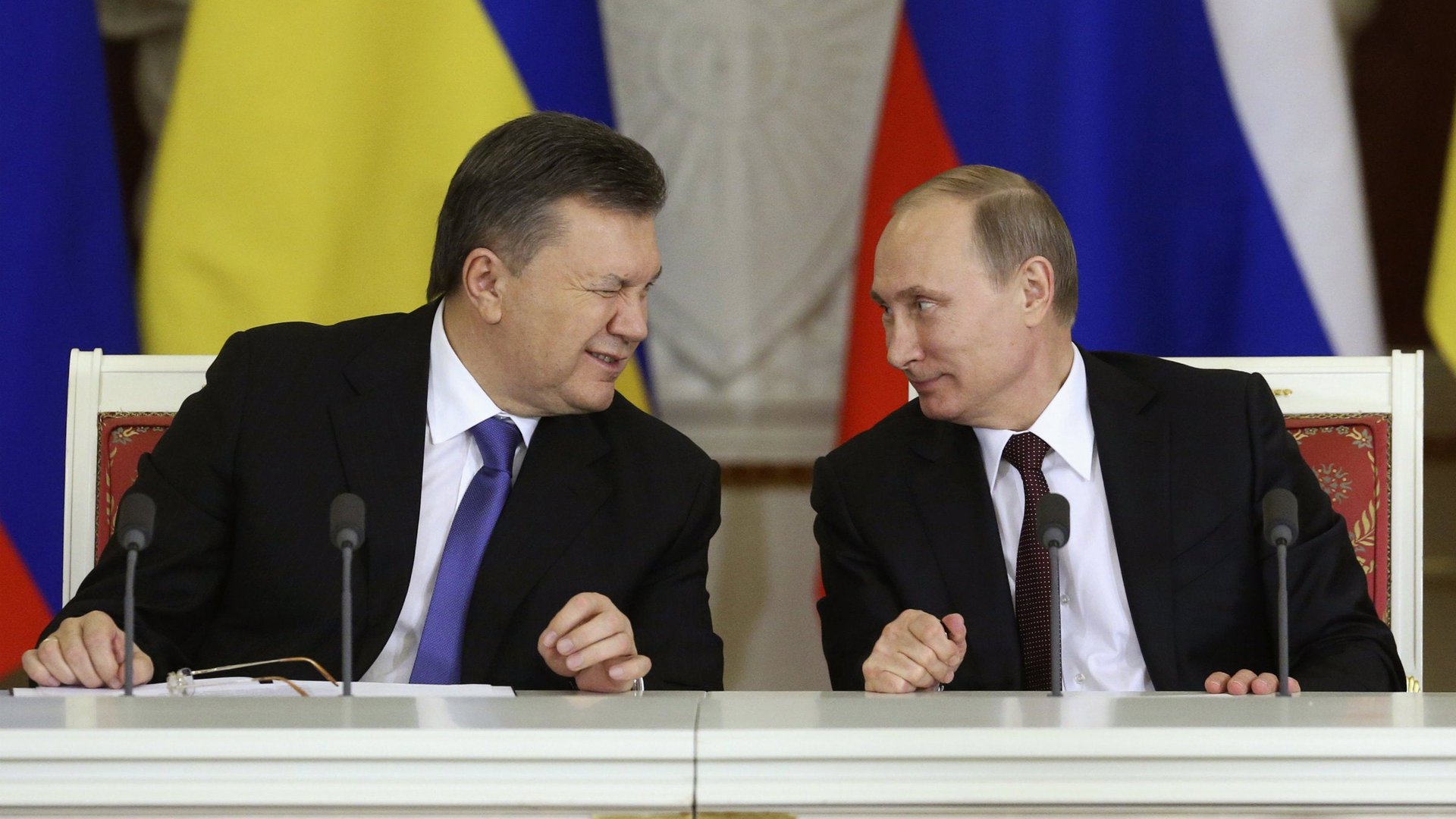Is Ukraine’s Yanukovych really sick or is this the first signal of his exit?
The market has finally decided that Ukraine is at a crisis point. This morning, the yield on Ukrainian dollar bonds due this June rose to 12.85%, the highest since president Viktor Yanukovych last month ditched the European Union and agreed to a new trade alliance with Russia.


The market has finally decided that Ukraine is at a crisis point. This morning, the yield on Ukrainian dollar bonds due this June rose to 12.85%, the highest since president Viktor Yanukovych last month ditched the European Union and agreed to a new trade alliance with Russia.
A confluence of events triggered the market’s reaction. Russia decided to withhold a desperately needed $2 billion tranche of aid to Ukraine and order new inspections of cross-border cargo between the countries. The political opposition declined to sign on to a compromise accord with the ruling party. Ukraine also reportedly asked Russia for more time to make its gas payments, despite enjoying a hefty discount.
“At the moment the risk is that Russia pulls its financing package and leaves Ukraine scrambling,” says Thaddeus Best, a Europe analyst at Business Monitor International in London. “Then we’re back where we were three or four months ago, with Ukraine teetering on the brink of some sort of credit event, with no near-term solution.”
The trigger that really seems to have spooked bond markets was a familiar one—an announcement by Yanukovych’s office that he is on official sick leave. Perhaps it’s just a coincidence, but in regional history, sick leave has often been shorthand for an exit from office or position. It has seemed clear for a few days that Yanukovych’s days in office are numbered. So is this the sign that it is time to summon the movers?
One cannot say—in parliament yesterday, Yanukovych seemed pale. His office says he is suffering from “acute respiratory disease accompanied by an elevated temperature.” And to be fair, under the circumstances, who wouldn’t be vulnerable to a bit of stress-related illness?